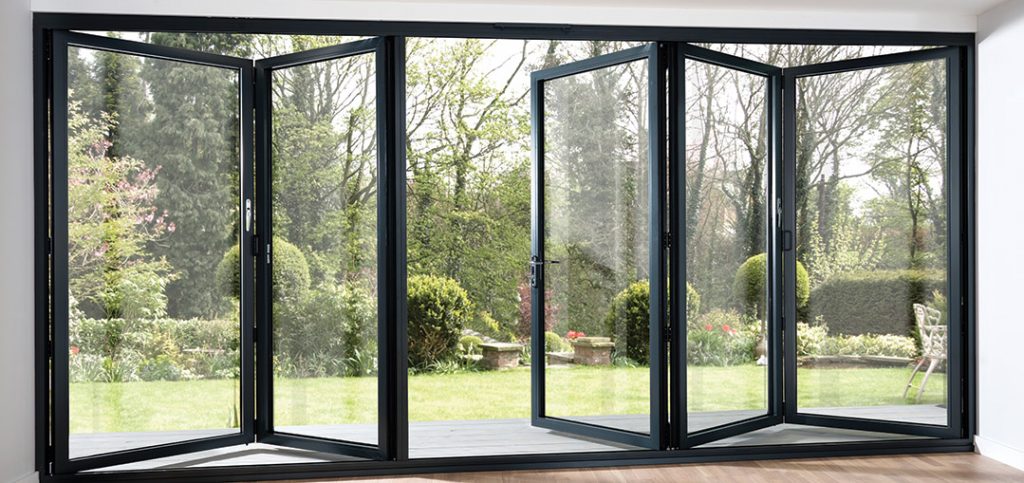For far too long, folding doors have been regarded as less safe and less secure, when compared to sliding doors or just a standard hinged swing. If you need to cover a large amount of space with a door, many people choose a sliding glass door. Sliding glass doors are not the right prescription for those needs, as they allow an incredible amount of light to pass through, they do not insulate very well, and they aren’t as secure as they could be. If you need to cover that amount of space with a door, you need a folding door. Folding doors, from a reputable supplier, are secure and insulated. They will cut down or completely eliminate light and heat leaking into your home. They’ll also reduce the danger of break-ins.
Reducing Break-Ins
The most common kind of thief is the opportunist. An opportunist breaks into a home or business only after seeing that the home holds something he or she wants. They might be driving around, or walking around, and see a nice television through the window, and they’ll then break in if they think it will be easy. So, it stands to reason you can reduce or eliminate opportunist break-ins by eliminating their ability to see into your home. You can do that with a folding door. A solid door obscures their view and keeps you safe. The question remains about which material to choose, though.
In the case of reducing break-ins and providing security, the edge probably goes to aluminium, however, timber doors can be just as safe. Aluminium is naturally a little stronger than some thinner woods, but if you buy timber bi folding patio doors, that are Secured By Design certified, they’ll be just as safe as any metal door. You should only buy doors that bear that seal, as it means they’ve been inspected and deemed secure.
Reducing Heat and Light
When it comes to reducing heat and light getting into your home, aluminium and timber have some differences. They both block 100% of the light from coming into your home, and on that count, they’re even. However, the edge for reducing heat goes to timber. While aluminium is effective at blocking heat transfer, wood is more effective as a material. During the winter, the warmth inside your home will not escape through a timber door, whereas slight amounts of heat might escape through an aluminium door.
If the door you choose has timber or aluminium frames and glass inserts, they are about the same. The emphasis will be on the heat transfer of the glass. Aluminium might actually have the edge, although it does not insulate quite as well, it does not respond to heat and humidity as readily either. After years and years, timber might come to a point where the glass does not fit in it quite as flush. That tiny bit of space can undermine the heat transfer aspects of the wood. Aluminium will always fit.
The choice between aluminium and timber is largely one of aesthetic preference. Choosing a quality supplier is much more important.
